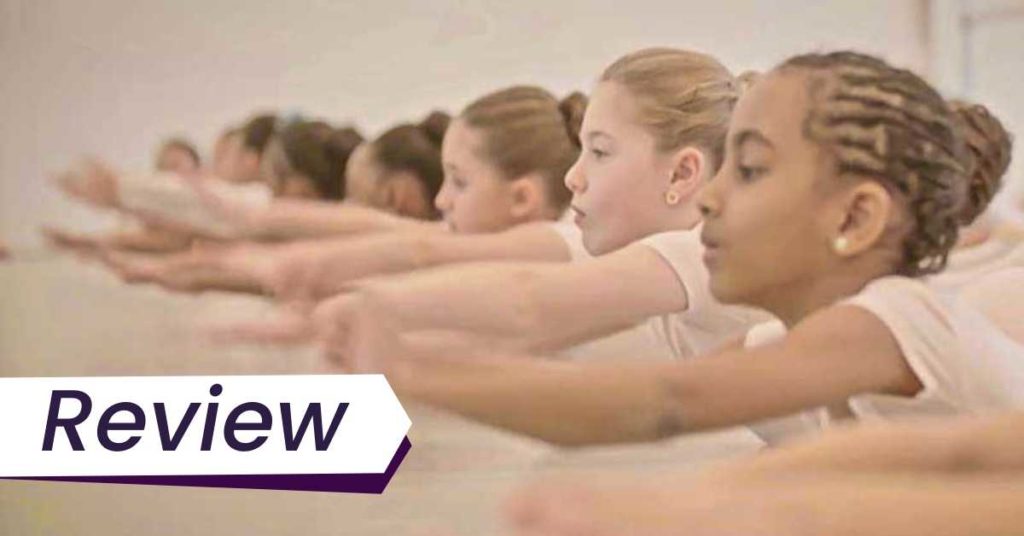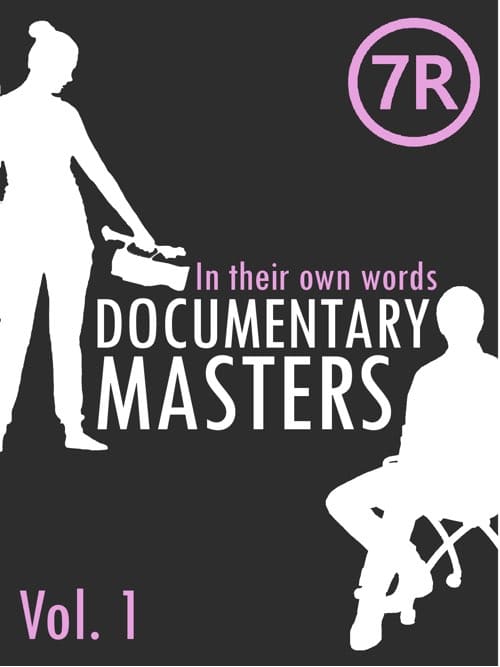In Margaret Munzer Loeb and Eden Wurmfeld’s documentary Chasing Childhood, American parents navigate how much freedom to give their children. The film screens across the US at Doc NYC until Nov 29. Tickets are available here.

American parents have taken helicopter parenting to new extremes in Margaret Munzer Loeb and Eden Wurmfeld’s new documentary, Chasing Childhood. Following parents across social classes and race, from rural to urban environs, Loeb and Wurmfeld diagnose an unexpected problem: children are over-scheduled, given very little freedom by their parents, and the result has been unprecedented levels of anxiety and depression.
One of the parents we follow in the film is Lenore Skenazy, who made national headlines as “America’s worst mom” for allowing her nine-year-old son ride the subway on his own. In the film, she’s now taken on an activist role, meeting with parents and children to help parents find a way to let their children become more independent, with things as small as allowing them to walk around the block. She meets up with Genevieve Eason, a wealthy Connecticut mother who has started advocating for “free range parenting”, after her daughter developed a drinking problem in university because of all the pressures she faced.
The overwhelming message is that parents are afraid to let their children do anything independently, out of irrational fears about their safety, while simultaneously putting too much pressure on them to succeed. Children just aren’t allowed to play and relax anymore. We meet parents who are afraid to let their children host a party for school friends, out of fear that they won’t have anything to do for two hours, parents afraid to let their children ride the subway, and parents obsessed with putting their children on the path to success. We also meet children who are fatigued by this stifling approach to parenting.
In another year, Chasing Childhood would probably have felt at home in the Sundance US Documentary Competition as a film that diagnoses a uniquely American problem and advocates for change. Like other films of this ilk, Chasing Childhood has blinders on about other countries — do they face these helicopter parenting problems? Are Swedish and Australian and Chilean kids just as stressed? Or is this a uniquely American problem. While Stanford’s former Head of Admissions insists that this parenting is not the result of college admissions anxiety, the film largely ignores the ties between what university you attend in the US and the class position you therefore have access to.
Relatedly, the film is wishy-washy about the difference between offering children enrichment activities versus over-scheduling them, and the difference between encouraging gifted children and pressuring everyone else to follow in their footsteps. Attending after-school programs isn’t inherently at odds with giving children the opportunity to play, even if it’s done with some facilitation, but the film rarely makes this distinction. Instead, Loeb and Wurmfeld seem to idealize the kind of childhood that people had in the 1960s — you know, when parents drank constantly, abandoned their children for hours without a second thought, and every other deplorable thing you’ve seen on Mad Men — without considering a more nuanced middle ground. Gifted children will get bored if they don’t have access to enrichment programs, but not everyone fits this category, and everyone still needs some free time.
Tickets to stream Chasing Childhood across the US are available here until November 29. Chasing Childhood is an acquisition title.
You could be missing out on great films like Chasing Childhood at virtual cinemas and film festivals near you.
Subscribe to the Seventh Row newsletter to stay in the know.
Subscribers to our newsletter get an email every Friday which details some of the best new streaming options in Canada, the US, and the UK.


